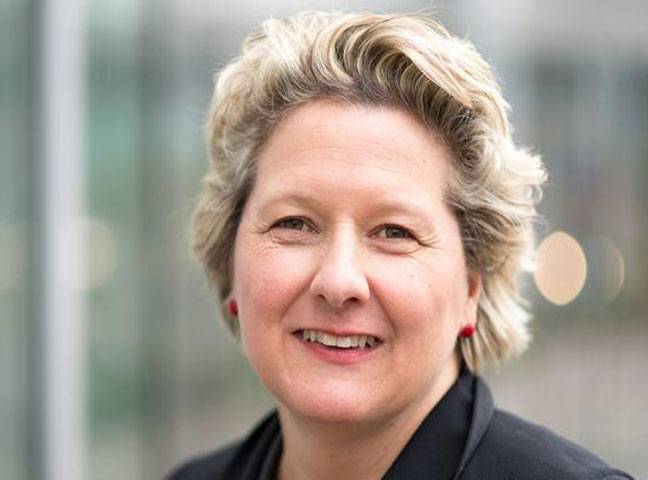BERLIN - German Environment Minister Svenja Schulze said ending the use of coal as an energy source would send a positive signal internationally and need not drive the country’s energy prices higher.
Schulze told the Funke Mediengruppe newspaper chain she was satisfied with the work of a government-appointed commission which on Saturday proposed shutting down Germany’s coal-fired power plants by 2038 at the latest.
Schulze, a member of the Social Democrats, junior partners in Chancellor Angela Merkel’s ruling coalition, said studies conducted by her ministry had shown that the move would “by no means lead to higher electricity prices.”
“I am convinced that a strong industrial country like Germany can master the energy revolution and become stronger and more modern in the process,” she added.
While welcoming the phasing out of coal as a positive signal, Eric Schweitzer, president of Germany’s Chambers of Commerce (DIHK), cited some challenges, including a potential rise in electricity costs.
Meanwhile Christian Lindner, leader of the pro-business Free Democrats, said the plans, which must now be implemented by the German government and 16 regional states, were unnecessary and would further increase already high energy prices in Germany.
“The exit from coal is already irreversibly decided; that was done by the European climate goals and the Paris (climate) accord,” Lindner told a party congress in Berlin.
“There was absolutely no need to think about an exit from coal with a fixed end date. It was coming anyway,” he said. “Energy prices that are already so expensive in Germany will now become even more expensive.”
He said it would be far more efficient and economical to use carbon offsets to regulate emissions from the energy and transportation sectors.
The coal commission proposed that an independent panel assess the announced measures in 2023, 2026 and 2029 to see whether they were delivering in the intended results with regard to jobs, security of supply and prices.
Schulze said regions that now produced coal would remain important players in the German energy market through investment in new technologies, renewables, and climate protection.
The proposals embody Germany’s strategy to shift to renewable sources of energy, which made up more than 40 percent of the energy mix last year — beating coal for the first time — and follow a 2011 decision to halt nuclear power.






